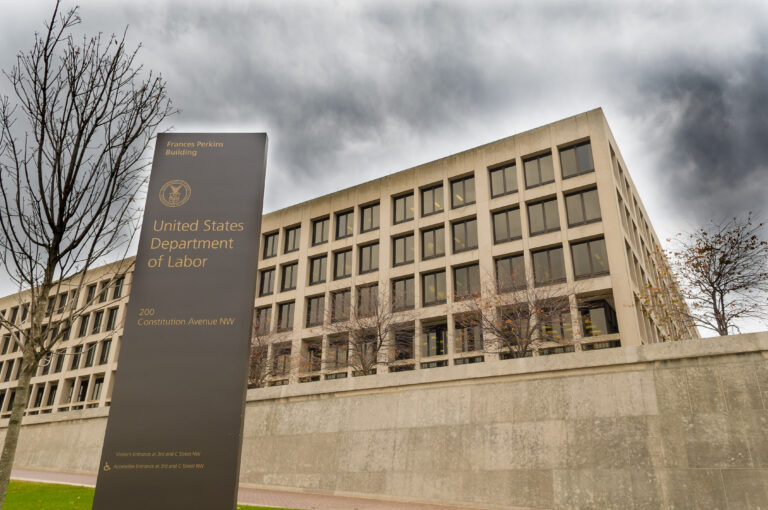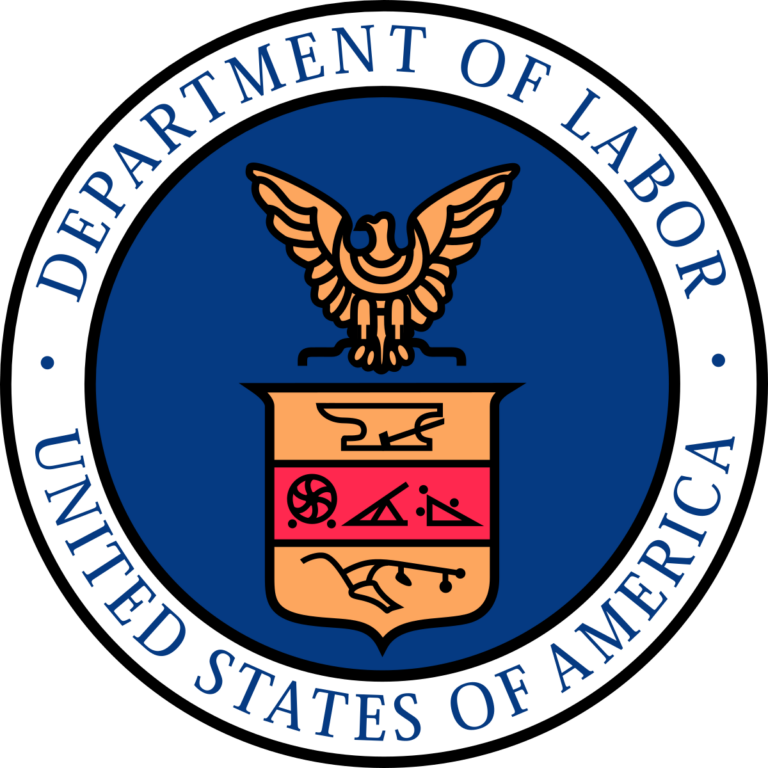
Andrew Strom is a union lawyer based in New York City. He is also an adjunct professor at Brooklyn Law School.
Unpaid interns who sued Hearst magazines under the Fair Labor Standards Act (FLSA) recently learned an important lesson: judges often make law in the guise of statutory interpretation. The lawsuit against Hearst, along with a similar lawsuit against Fox Searchlight Pictures, alleged that interns received little training, and often performed repetitive tasks that should be compensated. The FLSA defines “employ” as “to suffer or permit to work,” but it does not specifically address unpaid internships. Thus, it has been up to the courts to decide whether unpaid internships are legal. After making up a seven part balancing test in an earlier case, last month the Second Circuit held that the interns at Hearts magazines were not entitled to compensation even though they were used as messengers or to perform data entry.
In a 1947 case, Walling v. Portland Terminal Co., the Supreme Court considered whether trainees at a railroad yard were entitled to pay under the FLSA. The Court held that the trainees were not “employees” based on a finding by the lower court that the railroads “receive[d] no ‘immediate advantage’ from any work done by the trainees.” The Court also noted that the FLSA was not intended to penalize employers for providing the same type of vocational instruction that could be offered at a vocational school.
In 2010, the Obama Labor Department published guidance for internship programs in the for-profit private sector. To avoid an employment relationship, the DOL advised that an employer’s internship program needed to satisfy all six of these factors: (1) the internship is similar to training that would be given in an educational environment; (2) the internship is for the benefit of the intern; (3) the intern does not displace regular employees; (4) the employer derives no immediate advantage from the activities of the intern, and on occasion its operations may actually be impeded; (5) the intern is not necessarily entitled to a job at the end of the internship; and (6) the employer and the intern understand that the intern is not entitled to wages for the time spent in the internship. Those six factors were taken from 1967 Department of Labor internal handbook for addressing trainees.
The Department of Labor’s guidance generated attention in the media, and lawyers who advise employers began to caution employers that it was risky to utilize unpaid interns. Then, after a District Court judge in New York found that unpaid interns working on the film Black Swan should have been classified as employees, it seemed like unpaid internships at for-profit firms were on their way to extinction. But, then the Second Circuit stepped in. In a 2016 decision in Glatt v. Fox Searchlight Pictures, the court rejected the DOL’s six-factor test as “too rigid.” Despite Portland Terminal Co., the court refused to accept the notion that interns should be considered employees whenever the employer derives an immediate advantage from the interns’ work. Instead, the court created a balancing test that attempts to discern whether the intern or the employer is the “primary beneficiary” of the relationship. To make that determination, the court referred to seven non-exhaustive factors that overlap somewhat with the DOL’s six factors: (1) the extent to which the intern clearly understands there is no expectation of compensation; (2) the extent to which the internship provides training that is similar to training provided in an educational environment; (3) the extent to which the internship is tied to the intern’s formal education program; (4) the extent to which the internship accommodates the intern’s academic schedule; (5) the extent to which the internship’s duration is limited to the period in which it provides beneficial learning; (6) the extent to which the intern’s work complements rather than displaces the work of paid employees; and (7) the extent to which the intern understands that there is no entitlement to a paid job at the conclusion of the internship. But, rather than apply the seven factors, the court remanded the case to the district court, so it remained unclear how this test would work in practice.
Last month, in Wang v. The Hearst Corporation, the Second Circuit demonstrated how pro-employer the new standard is. Since FLSA rights are not waivable, it’s not clear why the first factor should be relevant, but it favors any employer as long as it informs interns that they won’t be paid. The fourth and seventh factors also favor employers as long as employers offer internships for the summer or a semester, with no guarantee of a job at the end.
The key issues in Wang were the second and sixth factors. The interns complained that they received little formal training, they mastered their tasks within a couple of weeks, and then they did them again and again for the duration of their internships. The district court found that each plaintiff did tasks that had little educational value. One entered large amounts of data into spreadsheets, another compiled survey data, a third folded clothing, and the rest were used as messengers. Nevertheless, the Second Circuit found that the interns were learning when they performed repetitive tasks because “an intern gains familiarity with an industry by day to day professional experience.” Of course, as the district court judge in Glatt had pointed out, these benefits are “the results of simply having worked as any other employee works, not of internships designed to be uniquely educational to the interns.”
In Wang, the third factor favored the employer for three plaintiffs who received academic credit from their colleges, but two others received no credit, and one was denied credit from her college but received credit from a local community college.
The Second Circuit conceded that the sixth factor favored the interns in Wang because the interns performed some work that had otherwise been done by paid employees. In fact, the district court had found that management at two magazines instructed employees to use the interns as messengers to save money. Under the Obama DOL test, this would have been enough to win the case for the interns. But as the court explained, “it is no longer a problem that an intern was useful or productive.”
After discussing the seven factors, the Second Circuit adopted the reasoning of the district court judge, who explained that the interns benefited more than Hearst because the interns “learned practical skills,” obtained job references, and gained exposure to the fashion and publishing industries. By that standard, it’s hard to see how an unpaid intern would ever win an FLSA case. And nothing in the text of the FLSA compelled that result.










Daily News & Commentary
Start your day with our roundup of the latest labor developments. See all
March 3
In today’s news and commentary, Texas dismantles their contracting program for minorities, NextEra settles an ERISA lawsuit, and Chipotle beats an age discrimination suit. Texas Acting Comptroller Kelly Hancock is being sued in state court for allegedly unlawfully dismantling the Historically Underutilized Business (HUB) program, a 1990s initiative signed by former Governor George W. Bush […]
March 2
Block lays off over 4,000 workers; H-1B fee data is revealed.
March 1
The NLRB officially rescinds the Biden-era standard for determining joint-employer status; the DOL proposes a rule that would rescind the Biden-era standard for determining independent contractor status; and Walmart pays $100 million for deceiving delivery drivers regarding wages and tips.
February 27
The Ninth Circuit allows Trump to dismantle certain government unions based on national security concerns; and the DOL set to focus enforcement on firms with “outsized market power.”
February 26
Workplace AI regulations proposed in Michigan; en banc D.C. Circuit hears oral argument in CFPB case; white police officers sue Philadelphia over DEI policy.
February 25
OSHA workplace inspections significantly drop in 2025; the Court denies a petition for certiorari to review a Minnesota law banning mandatory anti-union meetings at work; and the Court declines two petitions to determine whether Air Force service members should receive backpay as a result of religious challenges to the now-revoked COVID-19 vaccine mandate.